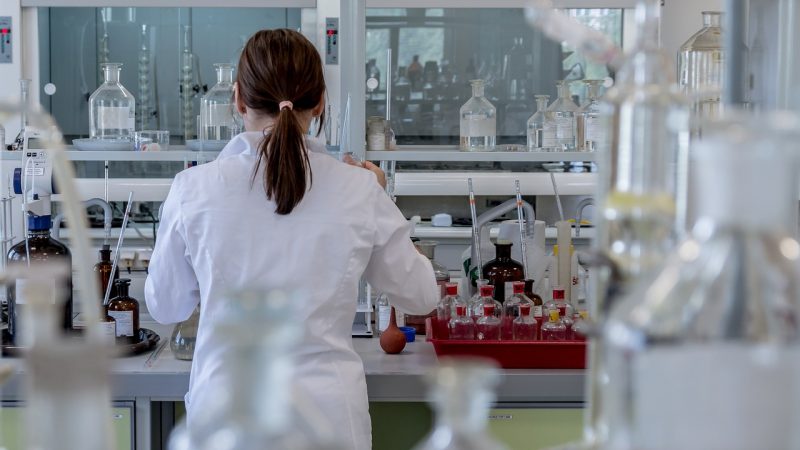Chemical Engineering (MS)
What is A Chemical Engineering (MS) Degree?
People in the engineering field use science and math to solve problems; that is, they figure out how to take what scientists have learned to come up with products and ideas that can be used in the real world. Chemical Engineers are hands-on scientists themselves, designing ways to produce and deliver chemicals and fuels for a variety of uses. You’ll need to have a BS in Chemical Engineering to get into most Master’s degree programs.
To complete the MS, you’ll need to complete about 45 graduate credits total, with close to 2/3 of the courses covering things like thermodynamics, spectroscopy, heterogeneous catalysis/energy transformations, or polymers for clean water and energy. The other 1/3 will be spent on advanced elective courses in a related field like science or math. Some schools advise that, in your elective work, you take at least four courses related to a specific topical area—energy, entrepreneurship, applied math, bio-med, or others—to possibly guide your professional work after completing the degree.




